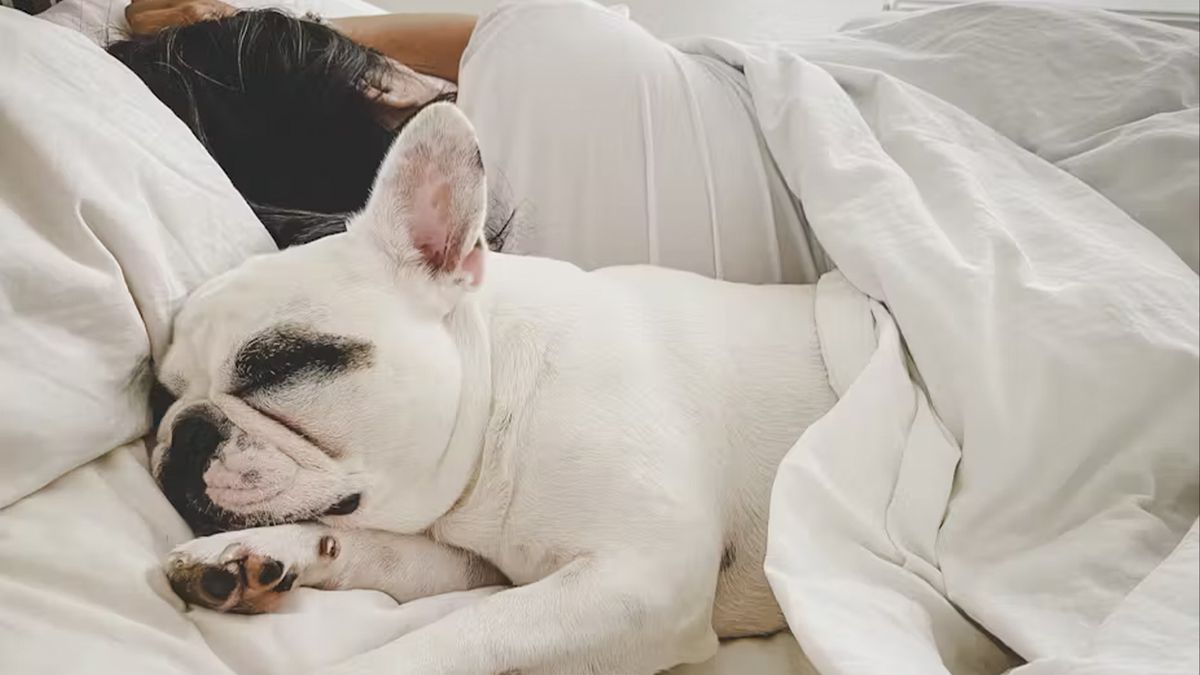There are four distinct types of sleep, each with unique characteristics and implications for long-term health, concluded a recent study conducted by Pennsylvania State University.
3,683 participants surveyed between 2004 and 2006 - and again between 2013 and 2017 - provided information about their sleep patterns, daytime tiredness and chronic health problems. The results revealed difficulties in adapting to new sleep cycles.
"These results may suggest that it is very difficult to change our sleep habits because sleep health is integrated into our overall lifestyle," says Soomi Lee, a sleep scientist at the Sleep, Stress, and Health (STEALTH) lab at the University of Pennsylvania.
"It may also suggest that people still don't know the importance of their sleep and sleep health behaviors," he says. But after all, you're probably wondering, what kind of sleep do you have?
1. Good "sleepers"
These are individuals who maintain a healthy sleep routine characterized by regular times and duration.
They have a high level of sleep satisfaction, daytime alertness, efficient sleep onset and awakening and good overall sleep quality.
2. Weekend sleepers
The study identified people who generally have shorter periods of sleep, but who compensate for the lack of rest by sleeping more at weekends or on non-working days.
3. Insomniacs
This is the famous group who have trouble falling asleep.
Tiredness is frequent during the day and sleep onset times are prolonged, showing classic signs of insomnia.
4. Sleepwalkers
These individuals usually have good night-time sleep patterns, but take frequent naps during the day.
The study reveals that more than half of the individuals fall into insomnia or "napping" at the end of the survey period - categories associated with poor sleep patterns.
People who were consistently identified as having insomnia over the decade showed a greater propensity to develop various chronic diseases, such as cardiovascular problems, diabetes and depression.
Of particular concern is the demographic distribution of these types of sleep. Older adults and retired people sleep the most, while people with less education or who face job insecurity tend to fall into the insomnia category, concludes the study published in the journal Psychosomatic Medicine.

Sleeping with dogs - but not cats - worsens sleep
Another study shared by Live Science revealed that sleeping in the same room as a dog can lead to poorer sleep quality.

This contrasts with cats, who don't seem to have the same effect on sleep when sharing a room.
The study involved more than 1500 American adults who filled in detailed questionnaires about their sleeping habits, including whether they share their sleeping space with pets.
Defined as sleeping in the same room for at least part of the night, co-sleeping with pets, around half of the participants in the survey admitted to doing so.
The research team thoroughly analyzed the quality of sleep of people who do and do not sleep with their pets. The results indicated that individuals who shared their sleeping space with pets generally had a poorer quality of sleep and more symptoms of insomnia compared to those who did not sleep with pets.
This correlation remained even after adjusting for demographic differences between the groups. It should be noted that the negative impact on sleep was specifically associated with dog owners, with no similar results observed among cat owners.
Despite these results, an overwhelming majority who sleep with pets - 93% - believed that their pets affected their sleep in a positive or neutral way, which suggests a general lack of awareness of the potential sleep disturbances caused by pets.






